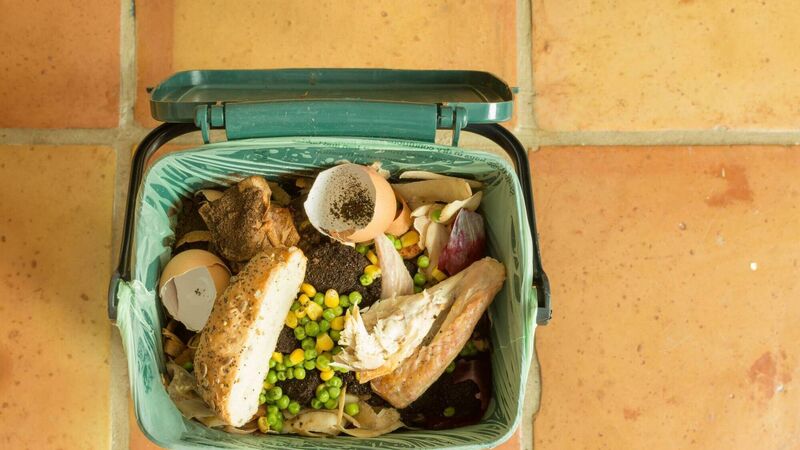Organisations called on to help cut Ireland's 800,000 tonnes of food waste by 50%

In 2020, Ireland generated 770,000 tonnes of food waste across primary production, manufacturing & processing, distribution & retail, restaurants & food services and households.
Every organisation in the food supply chain has been called on by the Environmental Protection Agency (EPA) to commit to helping reduce Ireland’s food waste by 50% by 2030.
The newly expanded Food Waste Charter launched on Thursday aims to halve the almost 800,000 tonnes of food waste that is generated in Ireland annually within seven years. The new charter is an expansion of the one originally launched in 2017, which focused solely on the grocery retail sector.













